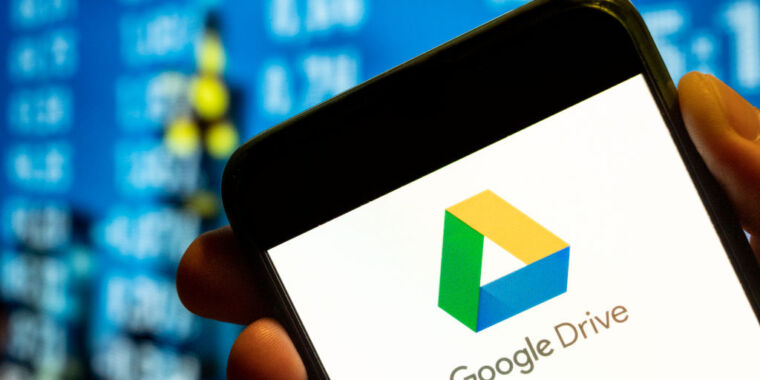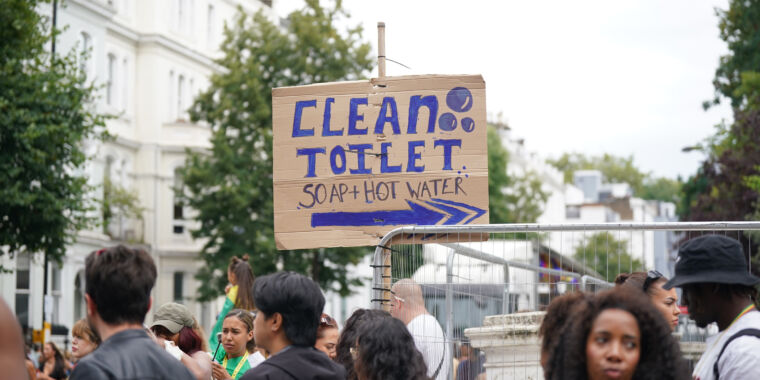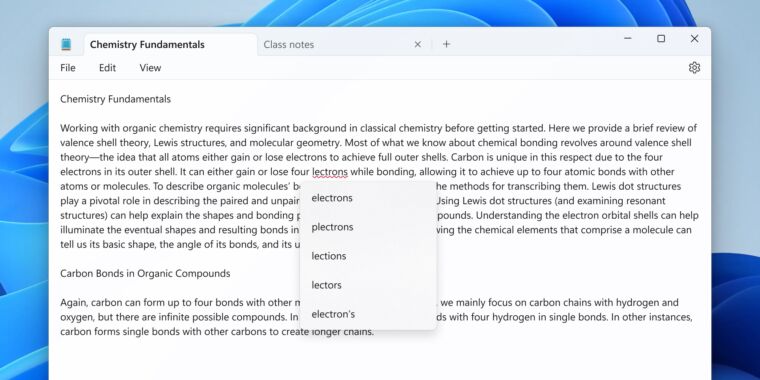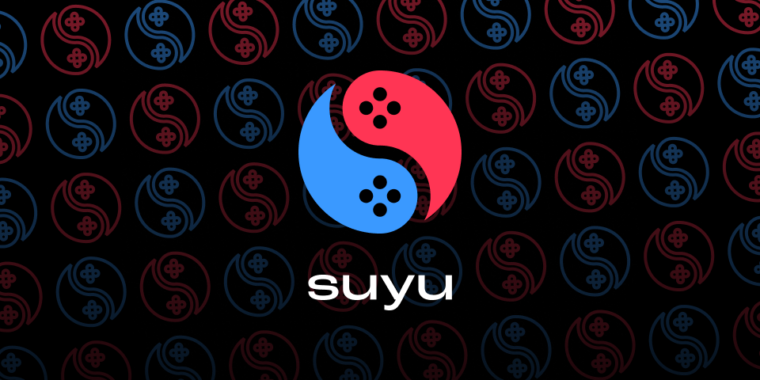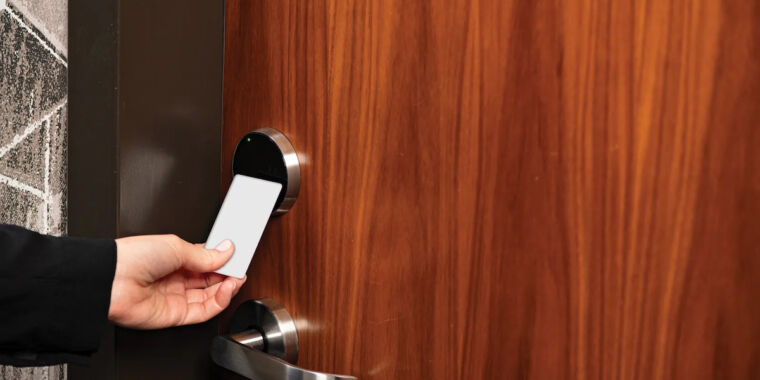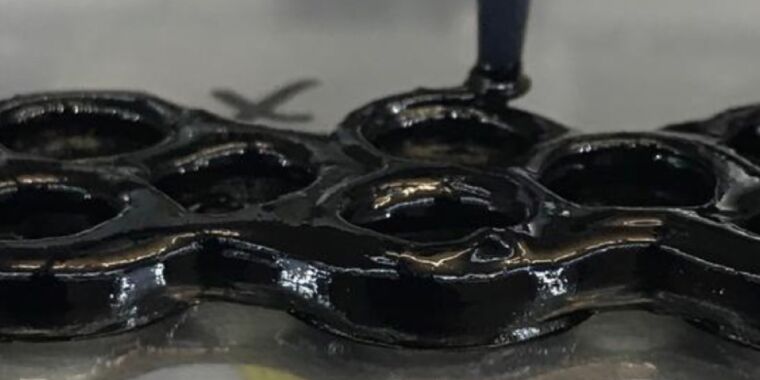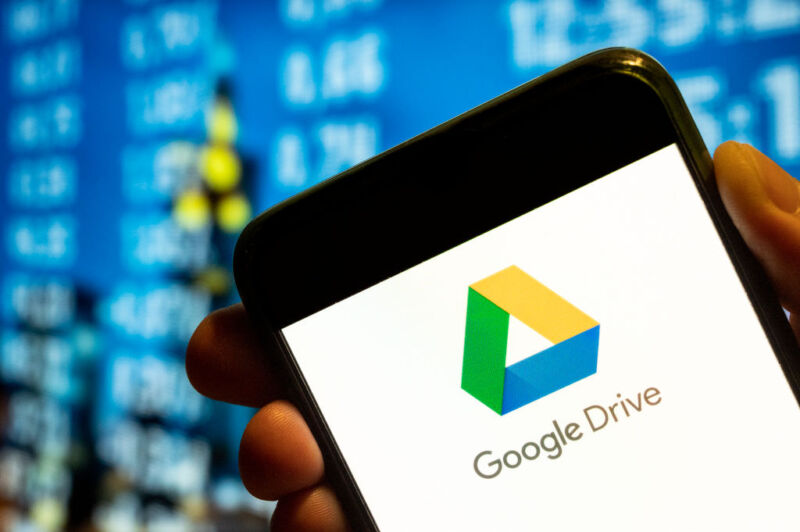
Slowly but surely, the public will start gaining more access to evidence shared in the Department of Justice’s antitrust trial probing Google’s search business, following an intervention by press outlets. In a motion to intervene, outlets earlier this month told the court that they were struggling to cover the trial because much of the evidence and proceedings has been withheld, redacted, or closed off entirely to protect industry trade secrets.
Yesterday, Judge Amit Mehta granted some of the demands of outlets—including The New York Times, The Wall Street Journal, Bloomberg, MLex, and Law360—which, among other requests, had asked the court to mandate the sharing of dozens of exhibits that the public has so far been denied access to despite pending press requests.
Mehta said that the supplemental order and other recent orders would allow the court to “continue facilitating public access to the trial and minimizing the need to close the courtroom while providing for the protection of confidential information.”
Mehta’s order—which does not replace but supplements a prior agreement stipulating how the DOJ, state plaintiffs, and Google “may” share trial documents online—requires that all press outlets designate a single representative to submit document requests on behalf of all outlets. Requests must be submitted by 7 pm ET on the day that evidence is shared in court for outlets to gain the fastest access. The order also says that requests for more than 10 documents in a single day could trigger delays. This daily limit, which outlets had opposed, essentially requires that outlets coordinate and prioritize requests to ensure timely access to the most sensitive information shared in the trial.
Perhaps most notably, Mehta declined to update the court-ordered prior agreement that requires that parties “may” publicly post trial documents to instead stipulate that parties “must” post all evidence cleared as not confidential. But despite not meeting all of the outlets’ demands, Mehta’s order was still largely considered a win for the media.
“Not exactly what we asked for but a great outcome for press freedom,” Bloomberg reporter Leah Nylen posted on X, celebrating the order.
For the public, perhaps the best outcome of the press outlets’ intervention is that it prompted much more coordination between outlets, including the development of a new public resource that has already made it easier for anyone to monitor what evidence has been unlocked by the media.
In another X post, Nylen shared a “handy” Google Drive link where outlets will make all the unsealed testimony and evidence that the press receives available to the public. The link will also provide information for the public to track the progress of pending press trial exhibit requests—and thus better understand what evidence is still being withheld.
Google did not immediately respond to Ars’ request to comment.
Process for press to access Google trial docs
Mehta’s supplemental order sets specific timeframes for the expected turnaround of press requests for various trial exhibits, depending on how much confidential information the requested documents contain.
Moving forward, parties must respond within two business days to requests for exhibits containing no confidential information. Any exhibits that contain Google’s confidential information must be cleared to be shared within three business days, and documents containing third-party confidential information—including trade secrets of tech giants like Apple, Microsoft, and Samsung—must be shared within four business days.
Third parties will be given two business days to respond to requests for exhibits containing their confidential information, otherwise the documents will be cleared to be shared without their input.
Press outlets had initially asked the court to order even shorter turnarounds, arguing that there was no reason why exhibits containing no confidential information couldn’t be produced within one business day. But largely, the court seemed to defer to timelines suggested by the parties.
That doesn’t mean that Mehta was completely swayed by Google or the DOJ, though. All parties had initially asked the court to limit press requests to only five exhibits per day and provided no stipulations on how to handle the backlog of press requests, which Google spanned dozens of trial exhibits.

